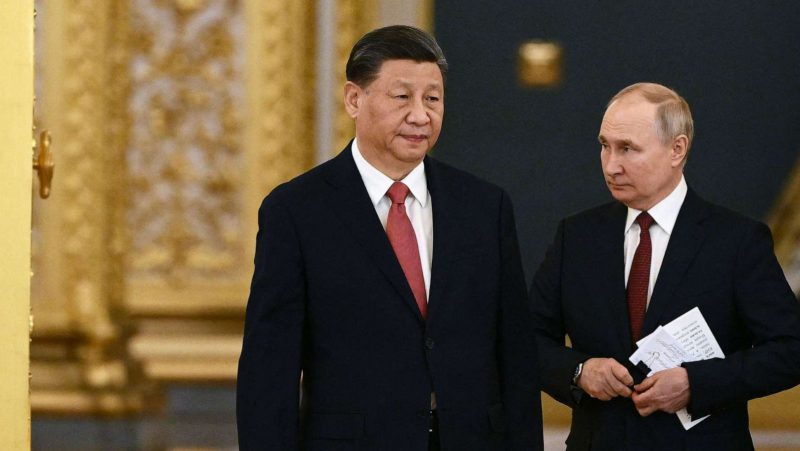The upcoming BRICS Summit is set to be vital for the economic bloc. Moreover, as expansion is set to be a massive topic of discussion, so is the development of an alternative currency. Yet, with a BRICS currency being an ambitious idea, do the pros outweigh the cons?
The bloc is expected to grow, with its expansionary efforts seemingly only a matter of time. Subsequently, as it has embraced de-dollarization efforts, it is expected to formulate its own currency for trade purposes. However, this decision could end up being more trouble than it’s worth for the bloc.
Is There a True Need for a BRICS Currency?
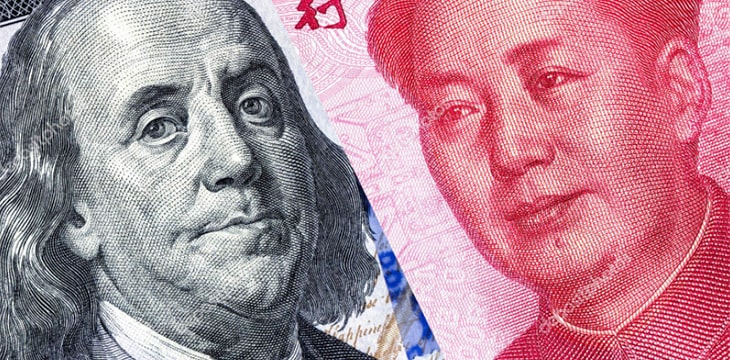

The first true point of discussion when assessing a BRICS currency and its pros and cons is whether or not there is a true need. Specifically, the bloc has fully embraced de-dollarization, and a move away from the greenback in their trade negotiations, but is an alternative currency a necessity?
Since those efforts have taken place, the economic alliance has firmly embraced national currencies. Moreover, the use of the Chinese yuan has increased as a popular settlement currency among the bloc. Additionally, with nations like France even executing deals in the currency, how viable is the introduction of an alternative?
There are clear benefits to the introduction of an alternative currency. Specifically, countries like India, South Africa, and Brazil will be able to better handle their debt to international entities. Subsequently, it would provide a greater alternative to nations that do not currently boast a large reserve of the Chinese yuan.
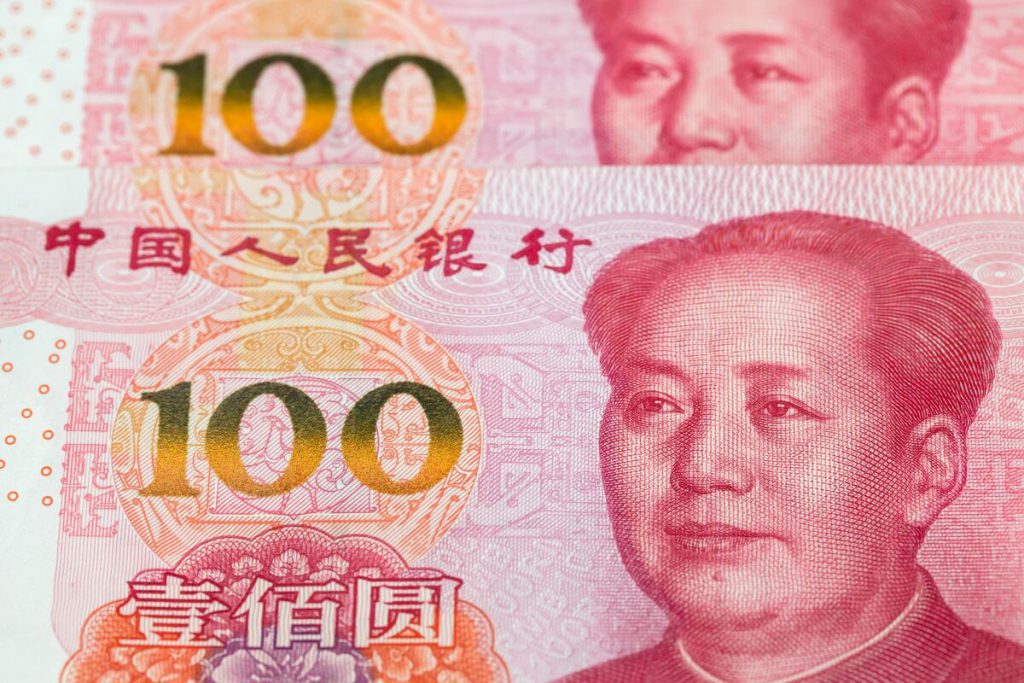

However, Russia has maintained an increasing reserve of the Renminbi. Specifically, since the Ukraine war first began, it has had more than 17% of its reserves in the currency. Thus, the question of whether or not these nations should continue building on that currency or develop an alternative that continues to abound.
The development of a currency for internal trade purposes becomes rather interesting. Specifically, because it does not interfere with economic policies executed regarding local currencies. However, the mechanisms to be put in place will be immensely important. Moreover, as the bloc continues to grow, the interests of every country continue to make that process all the more convoluted.
US Dollar Competition
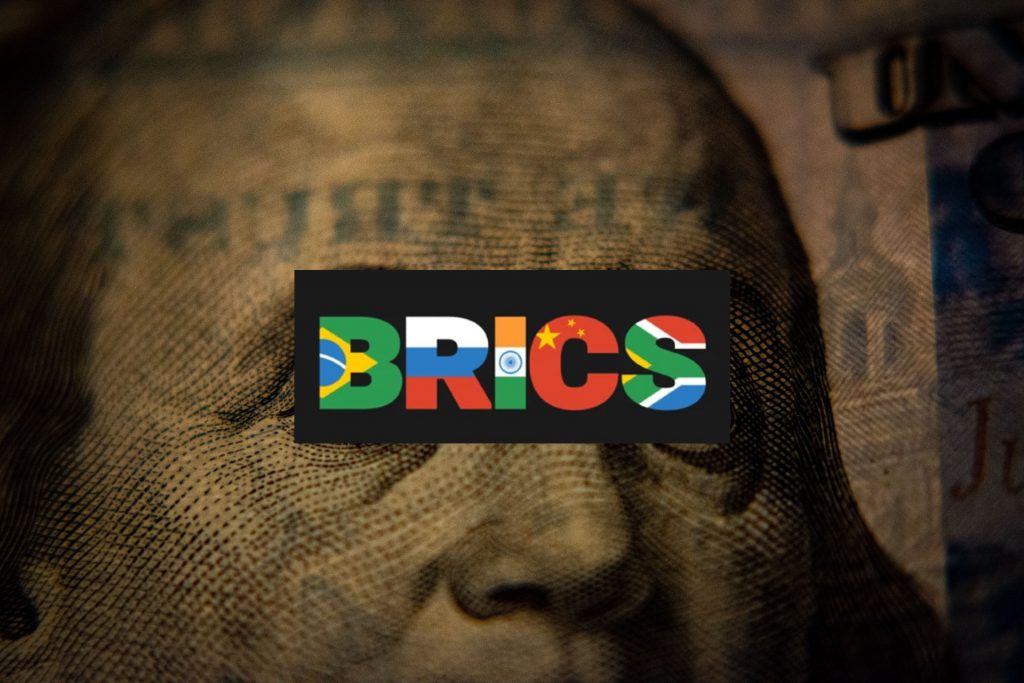

Yet another reason why the alternative currency has been discussed is the attempt to dethrone the US dollar. However, it becomes important to discuss whether or not this would be possible with a newly developed BRICS currency. Especially considering the global currency status of the greenback.
The US dollar is easily the most traded currency on the planet. Following the Bretton Woods agreement, and World War II, there was no question as to the dominant global currency. Indeed, the Bank for International Settlements notes that the Dollar constitutes almost 90% of all global trade transactions.
However, it is also undeniable that a reason for its prominence is the US’s status as one of the world’s largest economies. Indeed, its GDP is around $25.46 trillion, which is 24% of the entire globe. Moreover, a BRICS currency could compete because of the collective GDP, which is currently at $32.72 trillion.
The BRICS Currency will undoubtedly lean on the New Development Bank to aid in developing its trade currency. Conversely, the financial entity is currently known for its willingness to economically aid developing countries. The quest for a BRICS currency and the host of countries boasting their own interests and prerogatives will make those efforts more difficult.
The Challenge of Balance
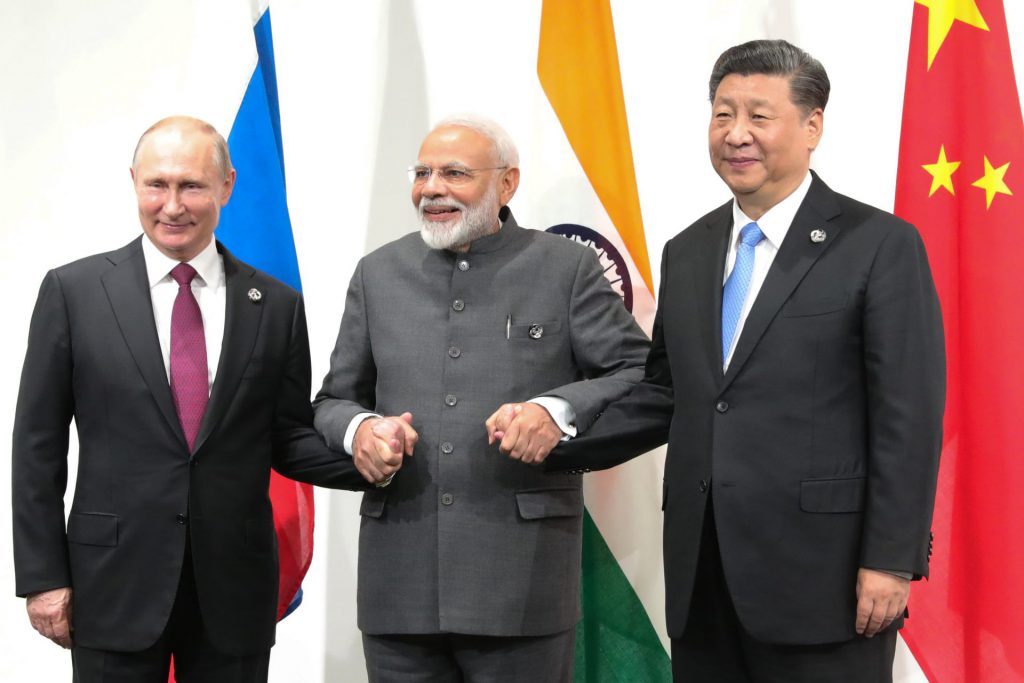

Finally, the greatest aspect of a BRICS currency that should be considered within the pros and cons of the idea is the issue of balance. Specifically, the fact that certain countries are in a greater economic position than others. This inherently presents a situation where balance and equality are tremendously difficult. Two vital aspects when developing a currency to be used by several different countries.
China and Russia emerge as the clear powerhouses of the bloc. Yet, if we consider a situation where Russia is growing its reserves in yuan, and focusing on its usage, will India begin to raise a clash of interests? What of their desire for the Rupee to gain relevance and prominence? These kinds of realities are inescapable when developing the bloc’s foundational position.
This carries over when considering the clear volatility in the exchange rate that would exist within an alternative currency. The South African rand has dropped in value significantly. Thus, there would have to be mechanisms in place to account for the differing exchange rates between currencies like the Rand and the Yuan.
Again, introducing expansion into this reality will only make things more convoluted, complicated, and difficult. Subsequently, for a BRICS currency to work, it will require these countries to lean on a fortified core. Thus, perhaps a currency should be delayed until that is established. Giving the bloc time to continue its de-dollarization efforts, and build its own economic standing as an alliance.





